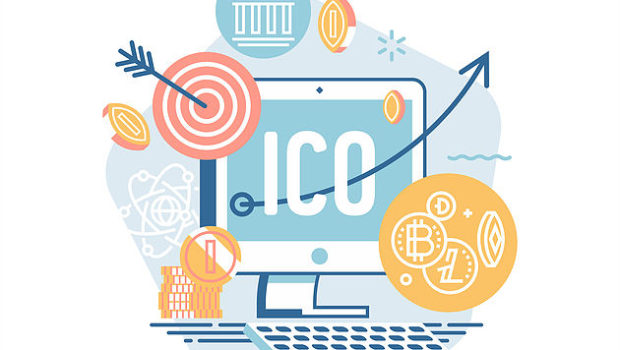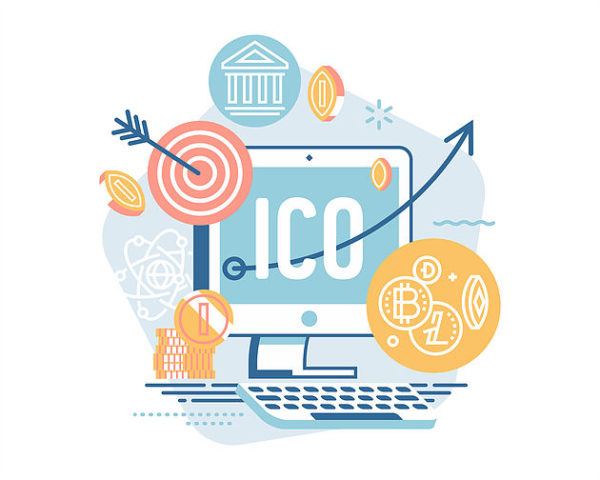Increasing Your Profit Through ICO Translation and Localization
In 2017, 514 ICO’s reached their funding goals. And in the first three months of 2018, 249 did.
But this is not the entire picture. During 2017, 46% failed, either before launch or post-ICO. The reasons for failure are several, and include the following:
1. The Project Idea is a Poor One
Investors want to see a good idea and surmise that the tokens being offered will really be worth something. Remember, fiat currencies are used to buy, trade, and sell cryptos. And if their value is based upon a bad business concept/product/service, and ICO is not going to happen. Investors will simply not “bite.”
2. The Technology is Flawed
Blockchain technology is complex, and it is a specialty in which demand is greater than supply. So many other industry niches are now developing blockchain, and they all need specialty developers.
But when things like scalability and security are compromised, the result can be disastrous.
Such was the case with The Dao, a project that was launched in 2016, after raising 11.5 million ETH. Unfortunately, security was an issue, and it was attacked. The loss totaled 3.6 million ETH. While the company immediately took steps to provide greater decentralization, it was really too late – its reputation was ruined.
3. All Regions are Not Equal
The failure rate of ICO’s is higher in developing countries, and this is a factor of investor trust and confidence. Africa is one region with a very high rate of ICO failures, and they are predominantly from lack of achieving funding goals or having a concept that is “iffy.” They are predominantly too specific in terms of concept and often confined to a regional enterprise, not a global one.
4. Global Reach is Not Achieved
For an ICO to have the promise for success, it has to have a global reach – wooing investors from all over the world – individuals or groups. This global reach means that everything from ads, white papers/documents, blog and social media posts, and, of course, localization of websites, will have to be completed by highly professional translators.
An Opportunity for Translators
When an ICO team makes the decision to go global (and it should), it will need a large number of documents translated, and it will need to “localize” its website, its blog, and all social media posts as well. Here is a brief breakdown.
- Any ICO will require a White Paper: this is the equivalent of a prospectus and is meant for potential investors. All of the detailed information is provided in a structured document. These details include information about the token, number of tokens, starting price, location of company registration and the plan for distribution of the profits. Obviously, any translation of such a document will have to be precise, compensation of management, etc.
Beyond this, the paper will have to provide information about data storage, user identification, security, etc.
There are also legal elements involved, dependent upon the location of origin and registration. And an organizational chart will be necessary. Sometimes, the white paper is not enough, and a charter will need to be acquired (and translated).
Beyond these fundamentals, ICO white papers must provide the backgrounds of the principals, a persuasive argument for investment, and risks and rewards.
As all of this is translated, the detail must be precise and accurate. Translators fluent in the original and target language, with backgrounds in business, law, and technology translation will find a great and growing market for their services. - Website and Social Media Localization: Localization is translation+, as any translator knows. To localize a website, the translator must be intimately familiar with the social and cultural mores of that target language society. Many ICO’s will use a website localization service, because they tend to have the most experienced natives of the target language region. Translators who have specific expertise in localization can register with any number of these services and pick up a lot of work. Or, as a freelancer, they can contact ICO managers and present their credentials.
The key to website and social media localization, as must be explained to ICO managers, is to use visuals, language, etc. that will not be mis-interpreted or, worse, offensive. This is a key to marketing highly professional localization services and, as well, to charging what this type of service is really worth. - Establishing a Reputation: This is the ultimate ICO translator goal. Once a few ICO translations and localizations are completed successfully, it’s easy to refer future potential clients to those specifics, because they will be online and easily accessed by anyone.
Cryptos hold promise for a future of secure, confidential, and immutable transactions, all by themselves. And the trend to launch startups via crowdsourcing with a new coin is not going away anytime soon. There will continue to be a high demand for translation and localization, and the smart translator will position himself to increase his profits in this growing niche.
Author bio:

Margaret Reid is a freelance writer who is seeking to discover new ways for personal and professional growth. Currently she`s working in the company The Word Point and trying to improve herself in the blogging career. Margaret is an experienced and self-driven specialist who cannot imagine her life without writing.
















